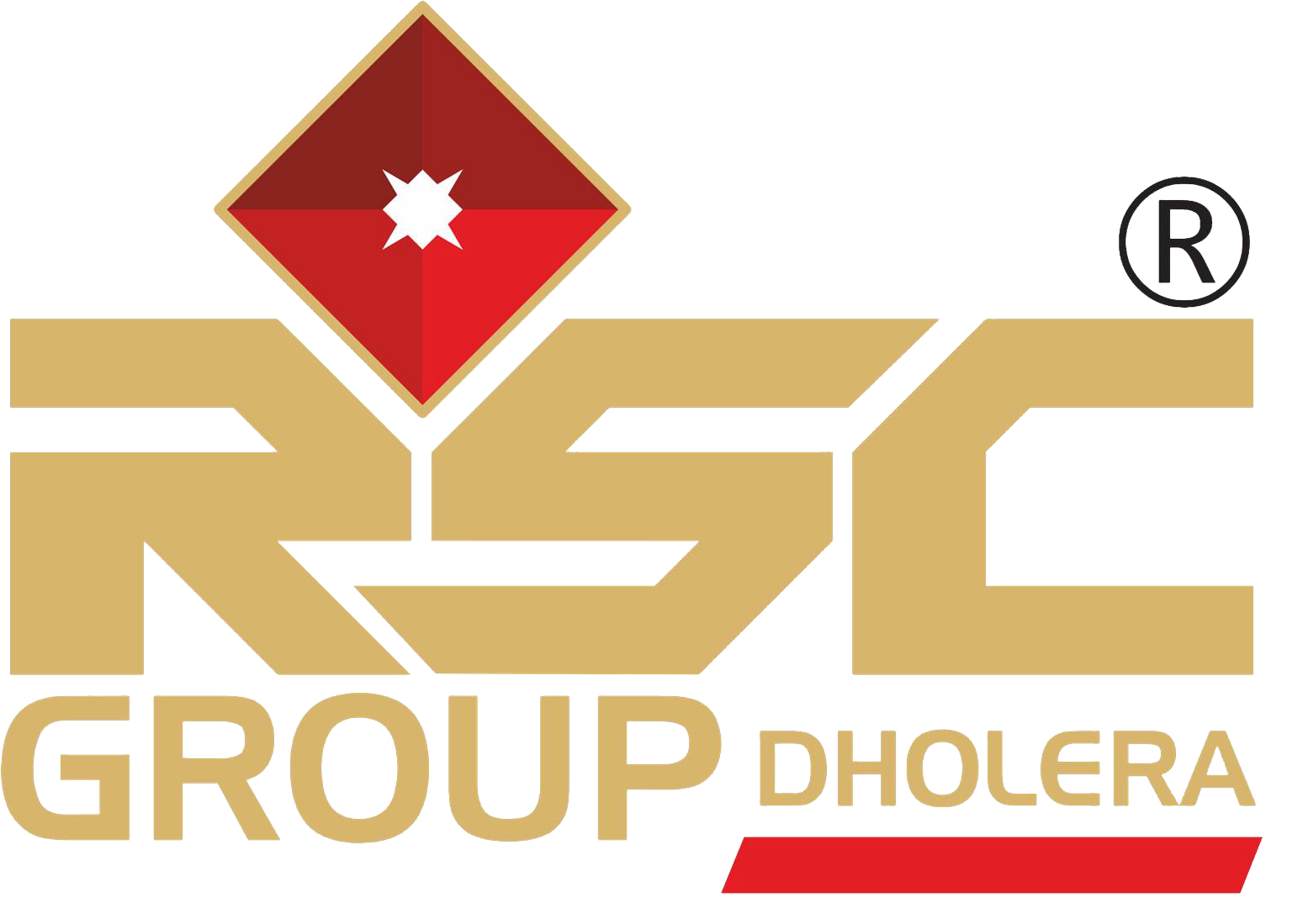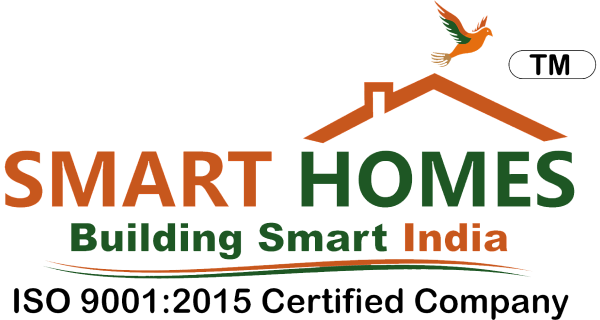In the context of the real estate industry, an HR (Human Resources) professional plays a crucial role in managing and developing the organization’s workforce. Their responsibilities are vital for maintaining a productive, motivated, and skilled team that can effectively contribute to the company’s goals. Here is a comprehensive overview of the roles and responsibilities of an HR professional in the real estate sector:
Experience: 3 – 6 Years
Location: Noida
Salary : 20k To 45k
Roles and Responsibilities:
1. Recruitment and Staffing:
- Talent Acquisition: Identify staffing needs and manage the recruitment process to attract qualified candidates.
- Job Descriptions: Develop and update job descriptions and specifications for various roles within the organization.
- Screening and Interviewing: Screen resumes, conduct interviews, and evaluate candidates to ensure they fit the company culture and job requirements.
- Onboarding: Facilitate the onboarding process for new hires, including orientation and training programs.
2. Employee Relations:
- Conflict Resolution: Address employee concerns and conflicts in a fair and timely manner.
- Employee Engagement: Implement initiatives to boost employee morale, satisfaction, and engagement.
- Performance Management: Develop and oversee performance appraisal systems to evaluate employee performance and provide feedback.
3. Training and Development:
- Skill Development: Identify training needs and coordinate professional development programs to enhance employees’ skills and knowledge.
- Leadership Training: Provide leadership development programs for current and potential leaders within the organization.
- Compliance Training: Ensure employees are trained on industry regulations, company policies, and procedures.
4. Compensation and Benefits:
- Salary Administration: Develop and manage competitive compensation packages that attract and retain talent.
- Benefits Management: Oversee employee benefits programs, including health insurance, retirement plans, and other perks.
- Payroll: Ensure accurate and timely processing of payroll and related financial activities.
5. HR Policies and Compliance:
- Policy Development: Create and update HR policies and procedures in line with legal requirements and best practices.
- Regulatory Compliance: Ensure the organization complies with all labor laws and employment regulations.
- Record Keeping: Maintain accurate and confidential employee records and documentation.
6. Organizational Development:
- Culture Building: Foster a positive and inclusive workplace culture that aligns with the company’s values and mission.
- Change Management: Support organizational changes and transformations through effective communication and employee involvement.
- Succession Planning: Develop succession plans to ensure leadership continuity and identify future leaders within the organization.
7. Health and Safety:
- Workplace Safety: Ensure a safe and healthy work environment by implementing and enforcing safety policies and procedures.
- Wellness Programs: Promote employee wellness initiatives to improve overall health and productivity.
8. Employee Recognition:
- Recognition Programs: Develop and manage programs to recognize and reward employee achievements and contributions.
- Incentives: Design and implement incentive schemes to motivate employees and enhance performance.
Key Skills and Qualities:
- Communication Skills: Ability to clearly convey information and interact effectively with employees at all levels.
- Interpersonal Skills: Strong ability to build and maintain relationships within the organization.
- Problem-Solving Skills: Aptitude for addressing and resolving workplace issues and conflicts.
- Organizational Skills: Capable of managing multiple HR functions and tasks efficiently.
- Attention to Detail: Ensuring accuracy in HR documentation and compliance activities.
- Confidentiality: Handling sensitive employee information with discretion and integrity.
- Leadership: Ability to lead HR initiatives and influence organizational culture.
- Adaptability: Willingness to adapt to changing organizational needs and industry trends.
By fulfilling these roles and responsibilities, an HR professional in the real estate sector can significantly contribute to creating a supportive and effective workplace environment, ultimately driving the organization’s success and growth.








